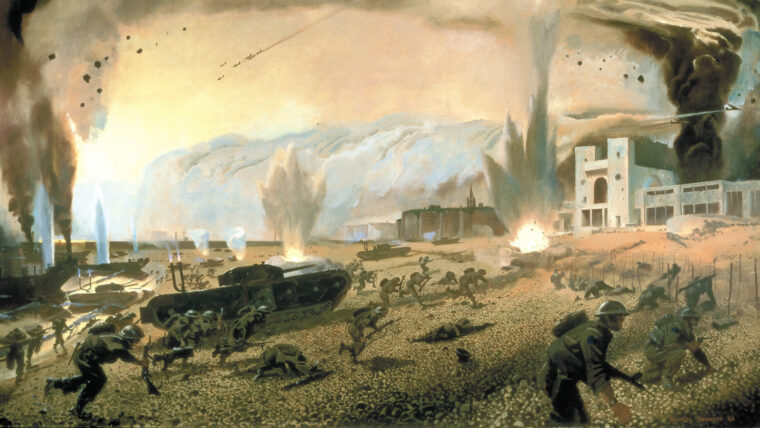
The Dieppe Raid: A Tragic Dress Rehearsal
By Richard RuleBy early 1942, British Prime Minister Winston Churchill was still unable to boast a single victory in the field against Germany. Read more

By early 1942, British Prime Minister Winston Churchill was still unable to boast a single victory in the field against Germany. Read more
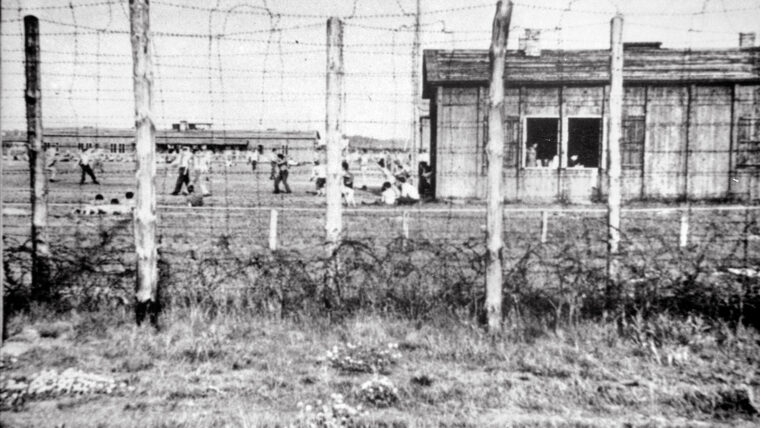
On February 6, 1945, the 10,000 POWs of Stalag Luft IV received their marching orders to move out. Read more
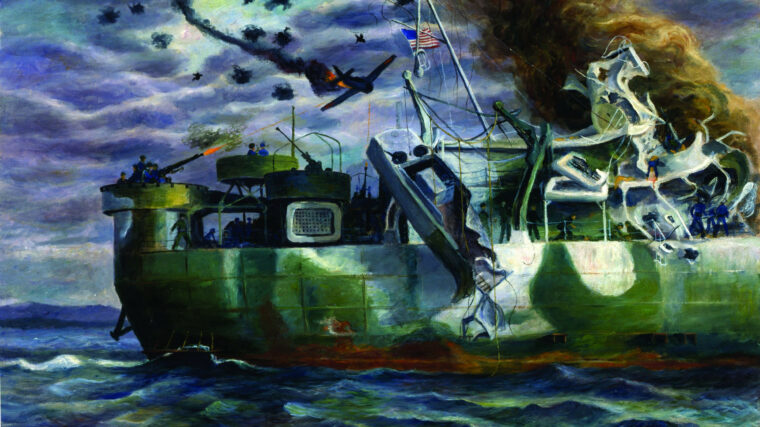
More than 60 years ago, in April 1945, the war in Europe was winding down to its inevitable conclusion. Read more
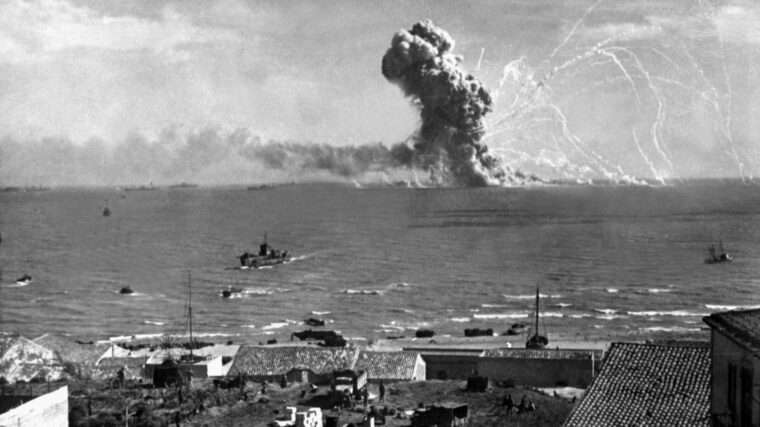
In the opening months of 1942, German U-boats pushed Allied supply lines to the breaking point. In the month of January, Axis submarines claimed over 20 Allied vessels including a tanker just 60 miles off the coast of Long Island. Read more
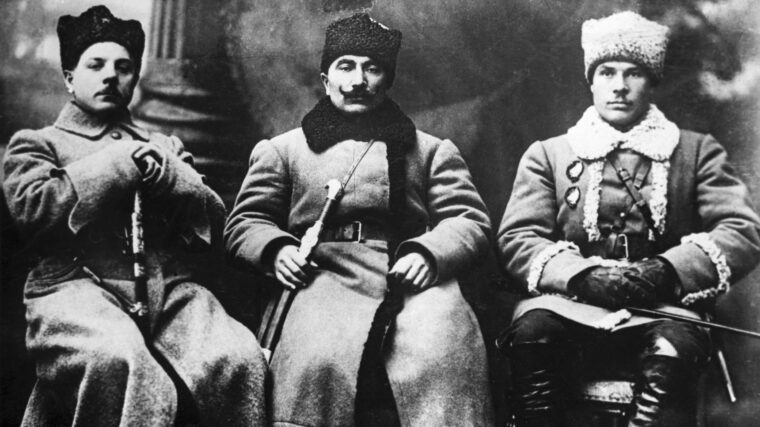
In the summer of 1941, as the Nazi German blitzkrieg rolled over the Russian Red Army defenses at the embattled city of Leningrad, today once more St. Read more
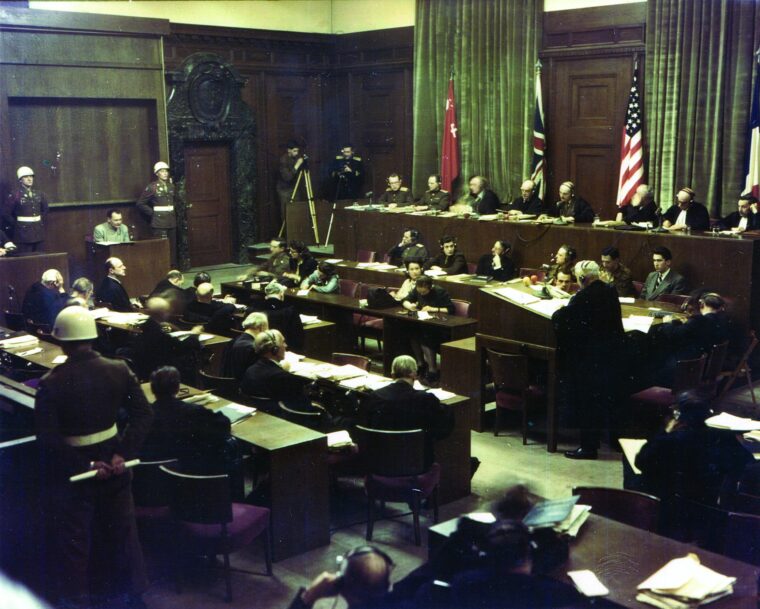
Perhaps the most feared group of accused criminals in the annals of history was a potpourri of personalities who had been associated with Adolf Hitler and the Nazi Party. Read more
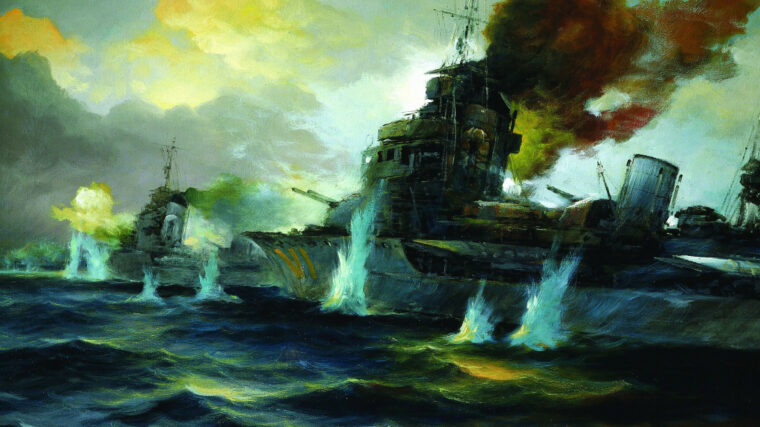
On May 13, 1943, nearly 300,000 Axis soldiers surrendered to the Allies in northern Tunisia. This successful conclusion to the North African campaign led to speculation at the time as to where the Allies would strike next. Read more
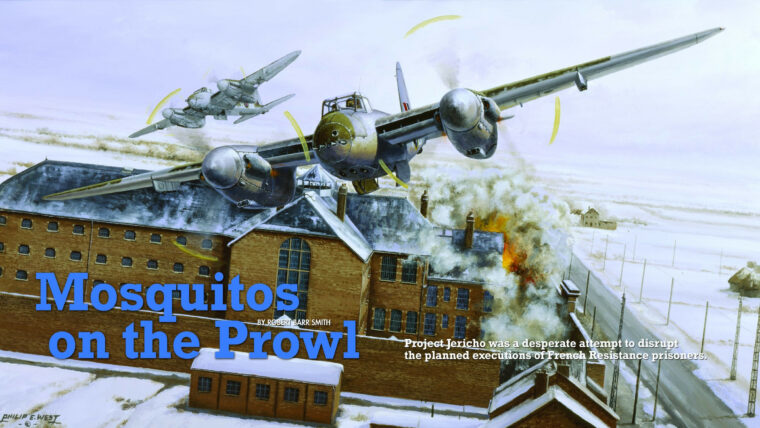
Many of the prisoners knew this night was probably their last on earth. Amiens Prison had seen a great many judicial murders and much Gestapo torture and brutality, so except for those about to die, executions were routine. Read more
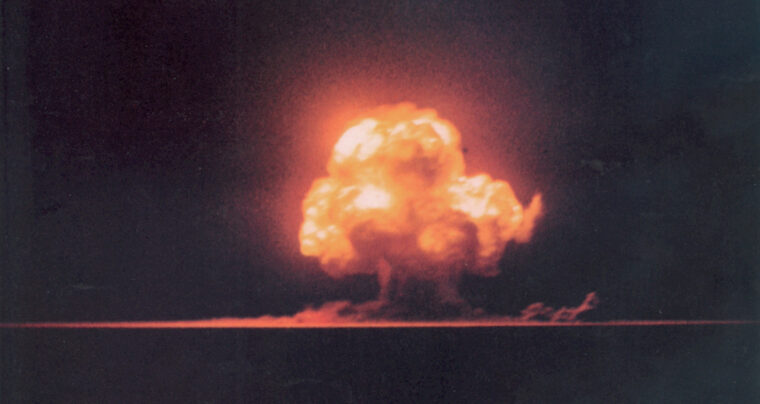
The most nightmarish of World War II alternative history scenarios is the one in which Nazi Germany acquires atomic weapons. Read more
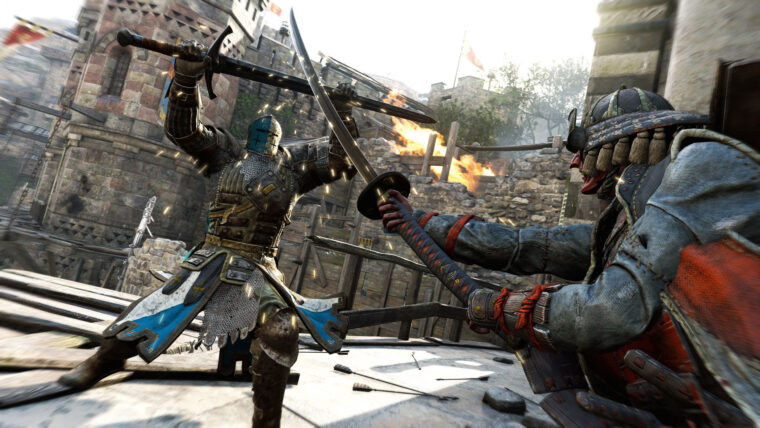
Now that we’re comfortably settled into the new year, it’s time to take a look at what 2017 has in store for war gaming. Read more
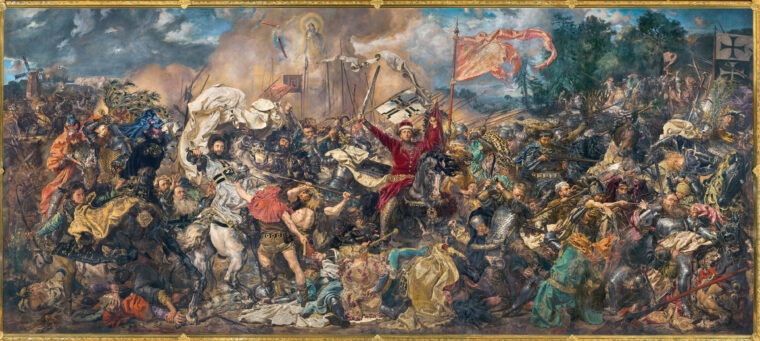
In one of those ironies with which history abounds Polish Duke Conrad of Mazovia in 1226 invited the German Roman Catholic military order known as the Teutonic Knights to assist him in subjugating the unruly, pagan Prussians who were raiding his lands. Read more
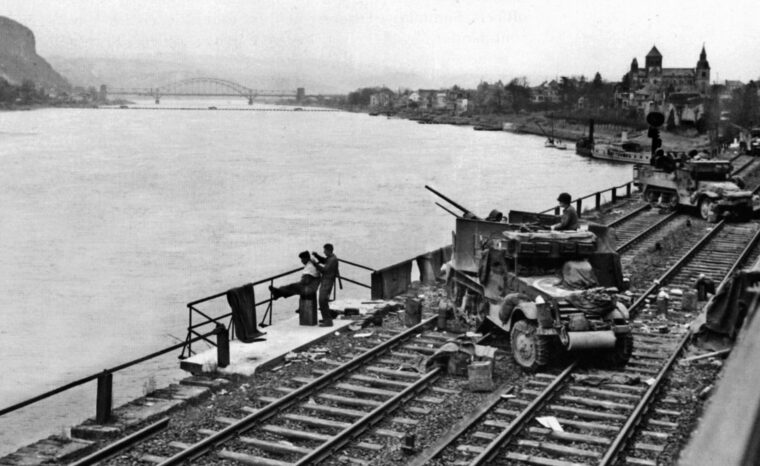
Nine months after they splashed ashore on the beaches of Normandy, Allied troops stood along the west bank of the great Rhine River, the last natural barrier between them and the expanse of the Third Reich. Read more
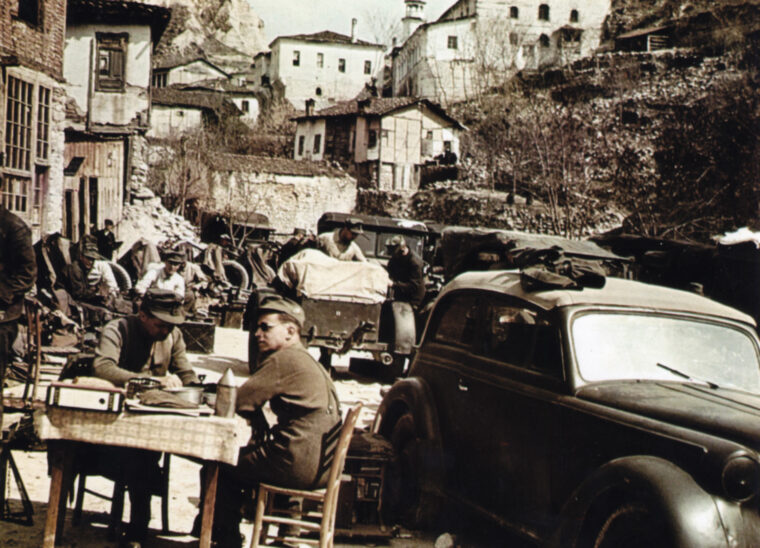
It was the high summer of 1943 in Eastern Europe, and World War II was going decidedly against the Third Reich, which had just suffered massive twin defeats on the Russian Front at the Battles of Stalingrad and Kursk, which many historians now believe turned the tide of war irrevocably against Nazi Germany. Read more
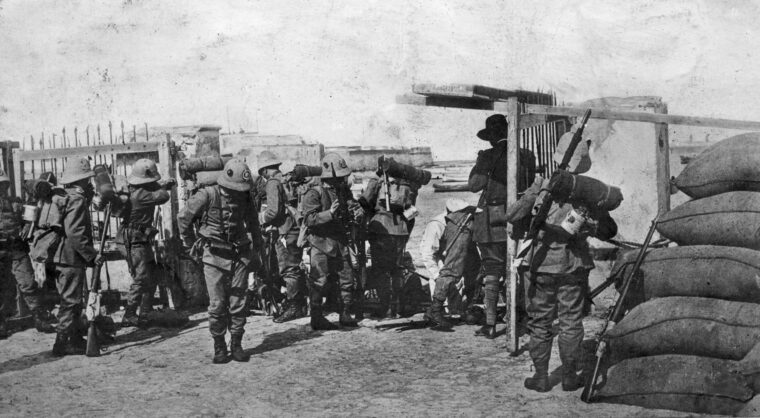
The Italian sailors sang “Tripoli Will Be Italian” at the rumble of the cannon as ships of the Italian naval squadron left port and sailed south to the shores of North Africa in late September 1911. Read more
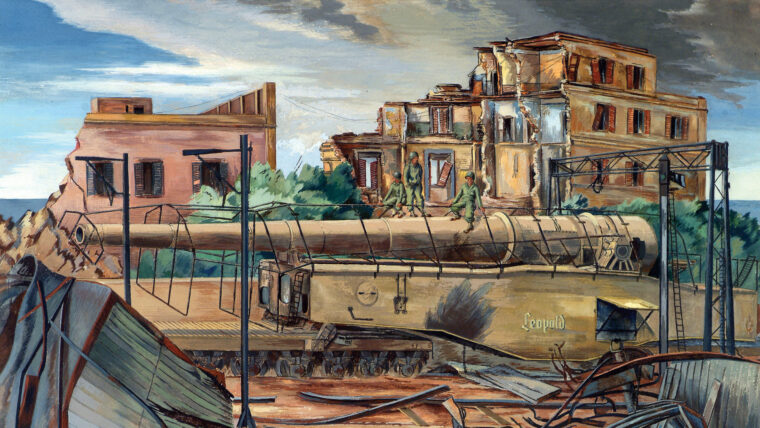
As the last days of 1943 slipped away, World War II in Italy ground to a miserable stalemate. Read more
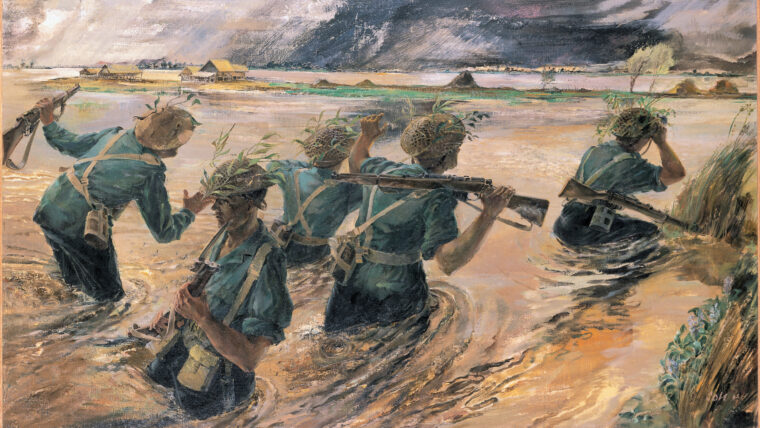
The battles of Kohima, Imphal, and the Admin Box saw the comprehensive defeat of the Japanese armies seeking to invade India during 1944 and sent them reeling back into Burma in early 1945, pursued by the revitalized British 14th Army under Lt. Read more
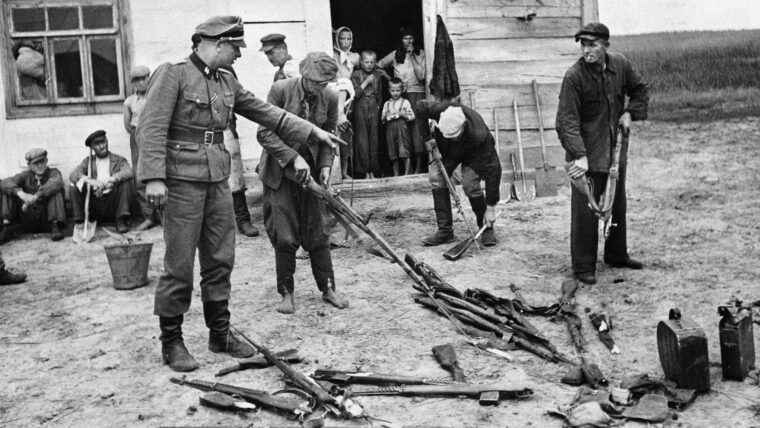
The concept of Soviet partisans participating in Russia’s wars was nothing new in 1941. During Napoleon’s invasion of the country in 1812, small bands of civilians harassed the French and their allies both before and after the retreat from Moscow. Read more
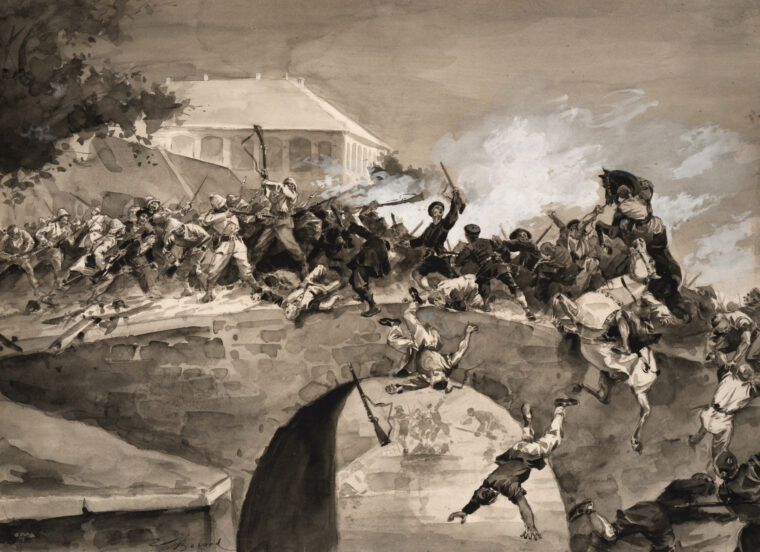
The waters of the South China Sea shimmered in the sunlight on the morning of April 15, 1847. Read more
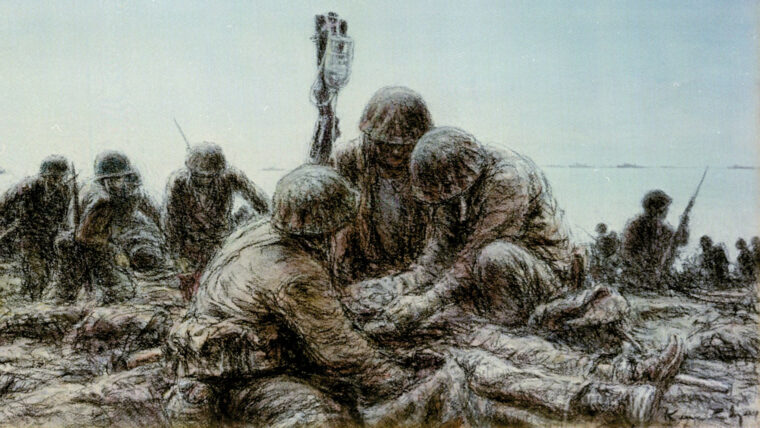
Stan Bowen spent the entire war in the U.S. Navy as a pharmacist’s mate, first in the operation at Tarawa, then Saipan and Tinian. Read more
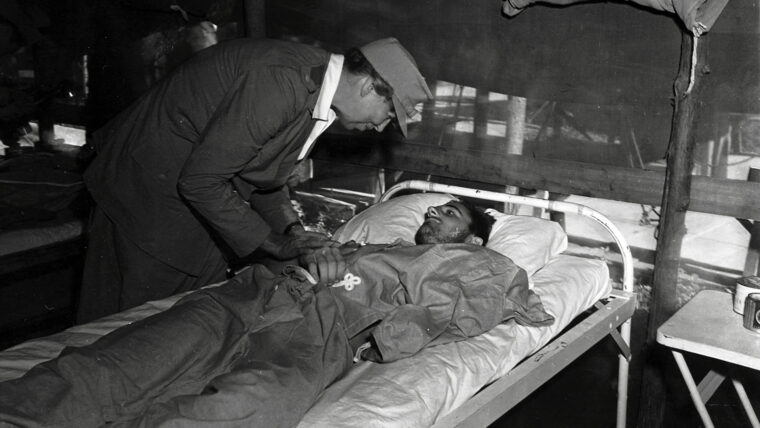
On Sunday December 7, 1941, First Lady Eleanor Roosevelt hosted a luncheon for 31 people at the White House. Read more